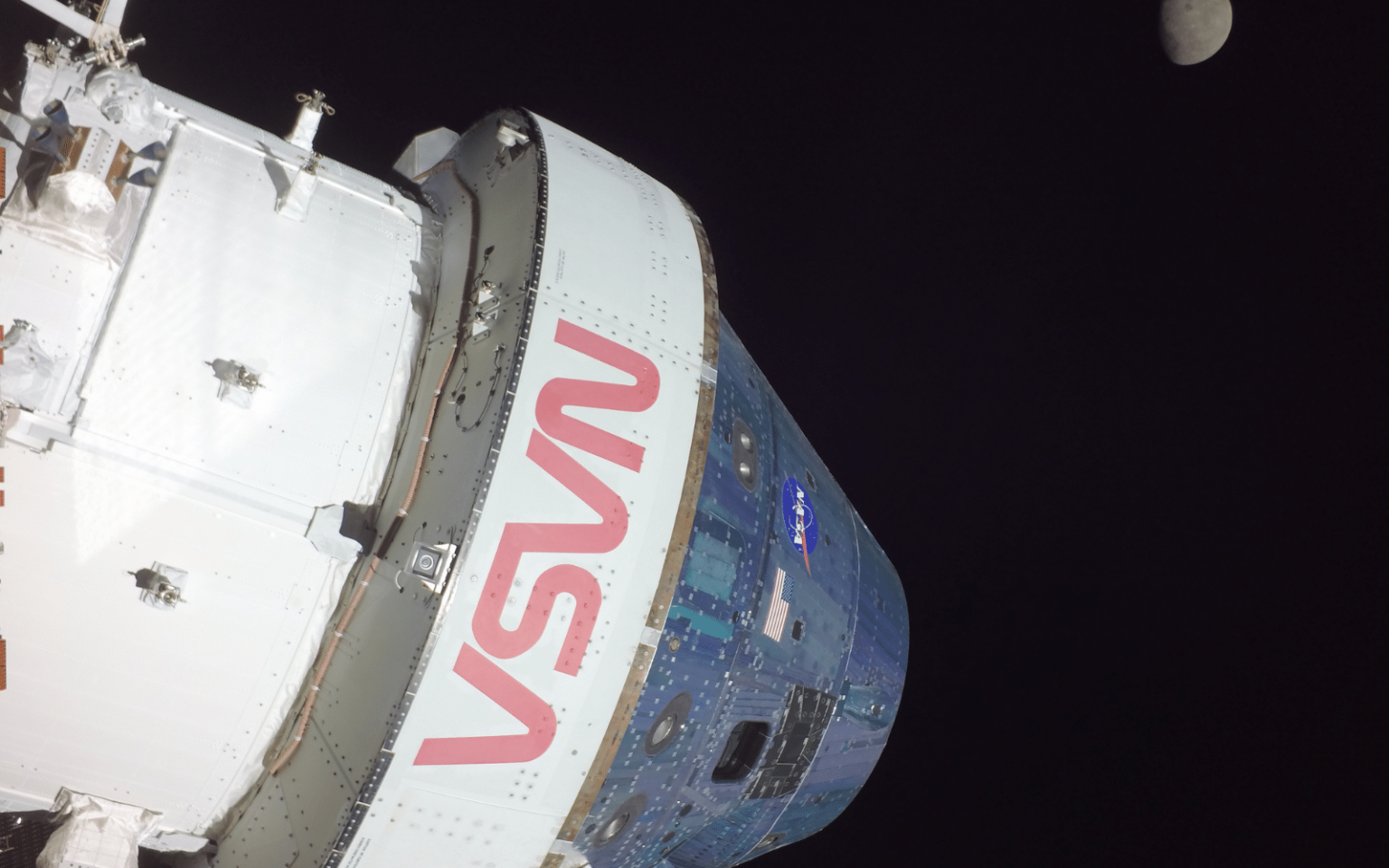The rapid spread of artificial intelligence has people wondering: who’s most likely to embrace AI in their daily lives? Many assume it’s the tech-savvy – those who understand how AI works – who are most eager to adopt it. Surprisingly, our new research (published in the Journal of Marketing) finds the opposite. People with less knowledge about AI are actually more open to using the technology. We call this difference in adoption propensity the “lower literacy-higher receptivity” link. This link shows up across different groups, settings and even countries. For instance, our analysis of data from market research company Ipsos spanning 27 countries…
Author: The Conversation
You’ll be hearing a great deal about artificial intelligence (AI) and education in 2025. The UK government unveiled its “AI opportunities action plan” in mid-January. As part of the plan it has awarded funding of £1 million (about US$1.2 million) to 16 educational technology companies to “build teacher AI tools for feedback and marking, driving high and rising education standards”. Schools in some US states are testing AI tools in their classrooms. A Moroccan university has become the first in Africa to introduce an AI-powered learning system across the institution. And the theme for this year’s United Nations International Day of Education, observed annually on 24 January, is…
The Brutalist has drawn attention this week for its use of artificial intelligence (AI) to refine some of the actors’ dialogue. Emilia Pérez, a musical crime comedy, also used AI to extend lead star Karla Sofía Gascón’s vocal range. Her singing voice was blended with that of French popstar Camille, who co-wrote the film. Earlier this month, Adrien Brody won the Golden Globe for Best Male Actor for The Brutalist for his portrayal of the fictional Hungarian-Jewish Holocaust survivor László Tóth. He is a favourite to win the award at the Oscars, and Emilia Pérez is also a strong contender this awards…
The U.S.’s return to the Moon with NASA’s Artemis program will not be a mere stroll in the park. Instead it will be a perilous journey to a lunar location representing one of the most extreme environments in the solar system. For the Artemis program astronauts, walking on the Moon will require new ways of thinking, the latest technology and innovative approaches to improve boot and spacesuit design. The Apollo program’s journeys to the Moon 50 years ago were all to the milder, equatorial regions of the lunar surface, where the coolest temperatures reached -9 degrees Fahrenheit (-23 degrees Celsius). In contrast, the Artemis missions are designed to…
The rapid technological advancements of our world have been enabled by our capacity to design and fabricate ever-smaller electronic chips. These underpin computers, mobile phones and every smart device deployed to date. One of the many challenges is that electronic components generate increasingly more heat as they are miniaturised. A significant issue lies in making the wires which connect the transistors on the chip thinner while ensuring that the minimum amount of heat is released. These interconnects are typically made from copper, and as we start to scale them down to nano-scale thicknesses, their electrical resistance increases rapidly because the…
Boxing, the “sweet science”, is a theatre of skill, power and drama that has captivated audiences for centuries. Yet, behind the allure of championship nights and historic rivalries lies a persistent shadow – controversial decisions that spark cries of “robbery”. Boxing has had its fair share of controversial decisions which continue to spark debate among fans and experts alike. While technology in sports like football and cricket has supplemented objective rules, boxing’s reliance on subjective judgement leaves it uniquely vulnerable to bias and error. Isn’t it time the sport caught up? The answer may lie in artificial intelligence (AI). Imagine a world where contentious…
Severance, which imagines a world where a person’s work and personal lives are surgically separated, has returned to Apple TV+ for a second season. While the concept of this gripping piece of science fiction is far-fetched, it touches on some interesting neuroscience. Can a person’s mind really be surgically split in two? Remarkably, “split-brain” patients have existed since the 1940s. To control epilepsy symptoms, these patients underwent a surgery to separate the left and right hemispheres. Similar surgeries still happen today. Later research on this type of surgery showed that the separated hemispheres of split-brain patients could process information independently. This raises the…
When some of the biggest stars reach the end of their lives, they explode in spectacular supernovas and leave behind incredibly dense cores called neutron stars. Some of these remnants emit powerful radio beams from their magnetic poles. As the star spins, these beams sweep past Earth and produce periodic pulses of radio waves, much like a cosmic lighthouse. This behaviour has earned them the name “pulsars”. Pulsars typically spin incredibly fast, often completing a full rotation in just seconds – or even less. Over the last three years, some mysterious objects have emerged that emit periodic radio pulses at…
Mark Zuckerberg’s recent decision to remove fact-checkers from Meta’s platforms – including Facebook, Instagram and Threads – has sparked heated debate. Critics argue it may undermine efforts to combat misinformation and maintain credibility on social media platforms. Yet, while much attention is directed at this move, a far more profound challenge looms. The rise of artificial intelligence (AI) that processes and generates human-like language, as well as technology that aims to read the human brain, has the potential to reshape not only online discourse but also our fundamental understanding of truth and communication. Fact-checkers have long played an important role in curbing misinformation on various…
Just past 2 a.m. Eastern time on Jan. 16, 2025, a new rocket blasted off from the Cape Canaveral Space Force Station in Florida. By reaching orbit, Blue Origin’s New Glenn rocket launch has marked a milestone for a commercial space company that has big ambitions. As a space policy expert, I see New Glenn’s success as a big leap forward for Blue Origin and a good sign for an expanding, ambitious commercial space industry. https://youtu.be/JPqqKpWNTIk Blue Origin’s New Glenn lifted off for its first flight on Jan. 16. Step by step Although SpaceX may be the most well-known commercial space company, Blue Origin is older by…










